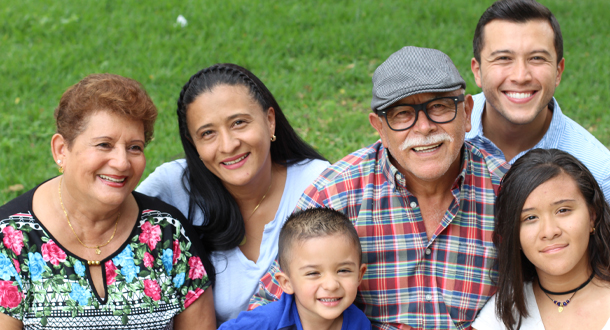
Scripture:
Reflection:
Don’t Be Afraid
After naming the apostles, Matthew gives us a teaching, a reflection, on ministering. We go as sheep among wolves, there will be persecution, even betrayal. We are given the hopeful refrain, “Do not be Afraid”.
Pope Francis’ Easter reflections speak of fear. The women who leave Jesus’ empty tomb are afraid and that prevents them from realizing the Resurrection, that Christ was alive. Perhaps it was Mary Magdalene’s fear that prevented her from knowing it was Jesus who was with her? Fear keeps us from seeing Jesus walking with us; fear keeps us from hearing the voice of Our Lord. Perhaps to provoke a smile, Francis describes us as often being bat-Christians who prefer the dark instead of being joyful Christians basking in the light of the Risen Lord. Do not be afraid.
What causes our fear? Control is one cause. If God is your copilot, you ought to change seats! God’s love brings us to be, is with us always, and will be God’s joy and our joy that we share for eternity. The dying and rising of Jesus helps us to see the Father’s love at work, and Jesus is the way to the Father. At times we may try to improve upon God’s love by taking control. Please, let me do it my way.
How do we try to control things? I left the Jamaica, New York parish a few weeks ago to take the place of the pastor at St. Gabriel’s parish in Toronto. The pastor is enjoying a jubilee and sabbatical, I am enjoying a wonderful opportunity to minister in a new parish among welcoming people. But I agonized for days trying to pack. Without this or that I will not survive. Worse, I became a pest seeking a full proof letter of some sort of legitimacy to pass through immigration. One came via email from the bishop shortly before I left. Now in control of my destiny, my bags were overflowing. The plane was landing when I realized I had forgotten to print the letter. Not good! The gentleman at immigration was very kind and didn’t seem at all interested in listening to my litany of woe as he motioned me on from his immigration booth.
Wanting to be in control makes us worry a lot about ourselves. Do I have all I need?
I better take just a little more. No wonder Jesus tells the missionaries don’t take much with you. You’ll be surprised how well things will work out.
Control brings inflexibility. Missionaries need to be flexible. When young, I studied liturgy, suffered through calls of being a ‘Nazi’ and now the whispers of ‘irrelevant.’ Oh well, sobering truths. They remind me that control and inflexibility get in the way of bringing joy to persons when we are privileged to celebrate the mysteries of God’s love. An embarrassing example taught me how control and inflexibility can get in the way: I simply didn’t allow a bishop to give a homily – a generous, worn and holy missionary who came into our midst unannounced one Sunday morning. I was in control of the Sunday Mass! But he lovingly taught me. He spoke humbly after communion. His was the life-giving word to us all that Sunday morning. He was more kind to me than I deserved. He was not afraid. He traveled light, and he did not need to be in control.
Fr. William Murphy, CP is a member of Immaculate Conception Community in Jamaica, New York.







